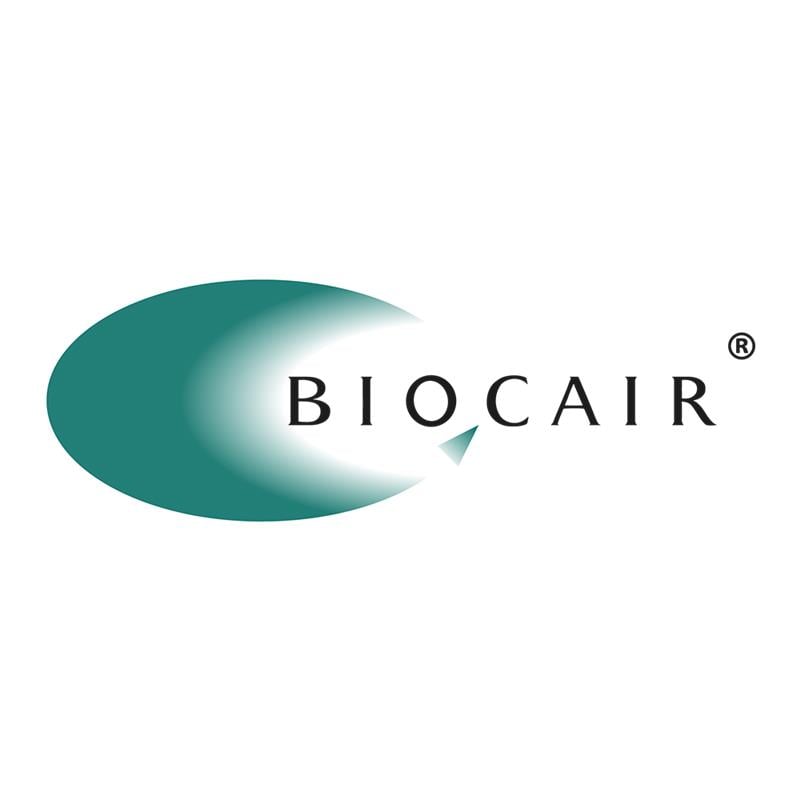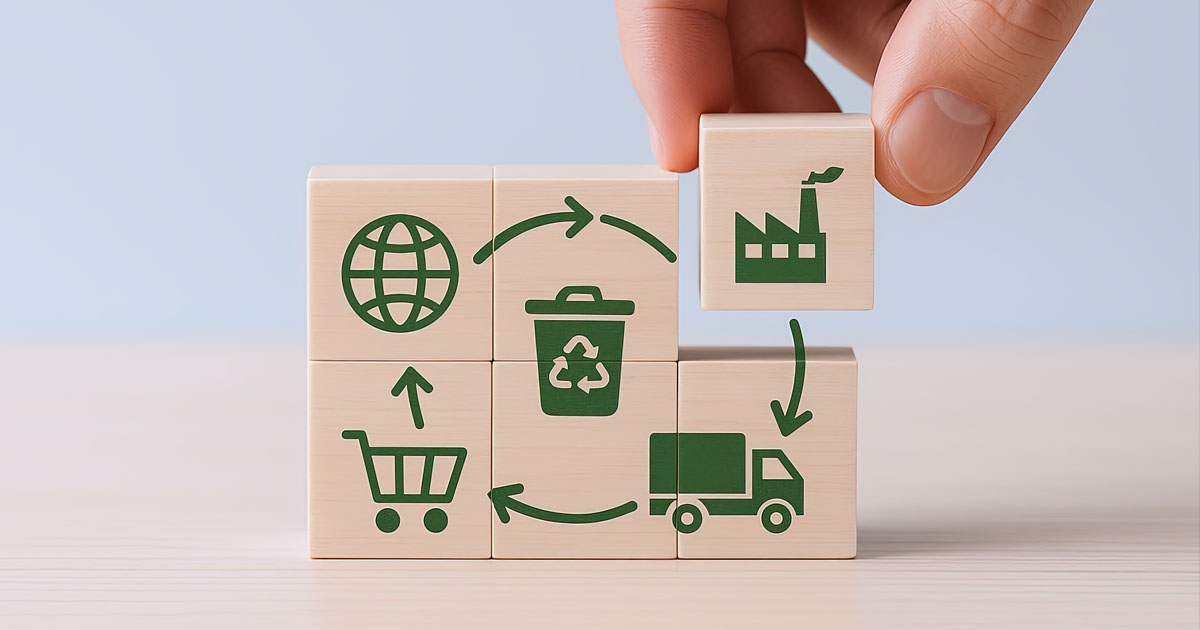In today’s fast-paced pharmaceutical industry, efficient and reliable logistics are essential for ensuring that medicines reach their destinations safely and on time. With increasing global demand, complex supply chains, and strict regulatory requirements, the role of technology in pharma logistics has never been more important. From advanced tracking systems to artificial intelligence (AI), technology is revolutionizing the way pharmaceutical companies manage their supply chains, improving efficiency, accuracy, and compliance. In this blog, we’ll explore the transformative role of technology in modern pharma logistics and how it is shaping the future of global medicine distribution.
The Rise of Digital Solutions in Pharma Logistics
Traditional methods of managing pharma logistics involved a high degree of manual tracking and paper-based documentation. However, in the modern era, digital technologies have streamlined these processes, offering greater transparency and visibility across the supply chain. From automated order processing to cloud-based platforms for real-time tracking, digital solutions are helping companies stay on top of complex logistics networks.
One of the key innovations in the field is track-and-trace technology, which provides real-time visibility into the location and condition of shipments. With GPS and RFID-enabled devices, pharmaceutical companies can monitor the exact movement of their products, ensuring that they are handled correctly and making it easier to identify and address any issues that arise during transit.
Artificial Intelligence and Machine Learning for Predictive Analytics
AI and machine learning are playing a pivotal role in modern pharma logistics by enabling predictive analytics. These technologies can analyze vast amounts of historical data to forecast demand, optimize shipping routes, and predict potential disruptions in the supply chain. By anticipating issues before they arise, pharma companies can proactively address them, minimizing delays and reducing costs.
For instance, AI-powered systems can help optimize inventory management by predicting future stock needs based on market trends, historical data, and other relevant factors. This ensures that products are available when needed, without the risk of overstocking or shortages.
Blockchain for Enhanced Security and Transparency
Pharmaceutical logistics face a growing risk of counterfeiting and fraud. To combat these threats, blockchain technology is being increasingly adopted in pharma supply chains. Blockchain offers an immutable, decentralized ledger that securely records every transaction and movement of a product throughout its journey. This technology provides end-to-end visibility, ensuring that products are genuine and have not been tampered with.
Additionally, blockchain can help ensure compliance with regulatory requirements, as it provides an auditable record of every transaction. This is particularly important in regions with stringent regulations, like the EU and the U.S., where maintaining accurate records is crucial for meeting Good Distribution Practices (GDP) and other industry standards.
The Role of Automation and Robotics in Pharma Warehousing
As e-commerce and direct-to-patient deliveries grow, automation and robotics are becoming vital components of pharmaceutical warehousing operations. Automated systems such as robotic pickers, conveyors, and automated guided vehicles (AGVs) are improving speed and accuracy in the fulfillment process. This not only reduces labor costs but also ensures that orders are processed and shipped faster, minimizing the time between manufacturing and delivery.
Furthermore, automated systems help maintain the integrity of temperature-sensitive products by ensuring they are stored and transported in the correct conditions, which is especially important in the cold chain logistics sector.
Sustainability in Pharma Logistics
Sustainability is an increasingly important focus in pharma logistics, with companies aiming to reduce their environmental footprint. Modern logistics solutions are embracing green technologies, such as electric vehicles for deliveries, energy-efficient warehouses, and sustainable packaging materials. By adopting these practices, pharmaceutical companies are contributing to the global effort to reduce emissions and promote a more eco-friendly supply chain.
Conclusion
As the pharmaceutical industry continues to evolve, technology is becoming more integral to the success of pharma logistics. From AI-driven predictive analytics to blockchain-enhanced security, technological innovations are driving efficiency, improving product traceability, and ensuring regulatory compliance across the supply chain. By embracing these advances, pharma companies can stay competitive in a rapidly changing global market, providing patients with timely access to essential medications while reducing costs and improving sustainability. The future of pharma logistics is undoubtedly digital, and those who adapt to these innovations will lead the way in shaping the next era of pharmaceutical distribution.
Related Contents:

Biocair
Cold Chain Solutions for Life Sciences and Pharma
Biocair is a global logistics provider specializing in pharmaceutical, biotechnology and life sciences supply chain solutions with nearly 40 years of experience. By assembling a team of best-in-class industry experts in quality, cold chain and regulatory compliance, Biocair focuses on providing the most comprehensive time-sensitive and temperature-controlled solutions.






